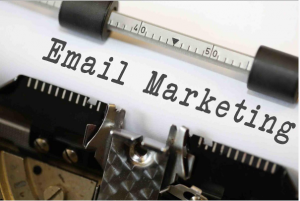Creating a food business expense breakdown for the costs you are aware of is usually not difficult. However, unexpected business expenses seem to pop up no matter what business you’re in.
Below is a list of unexpected costs that new food business owners must know to best operate their businesses.
1. Surprising Utility costs
Older rates or conservative consumption estimates from past owners are frequently used to calculate utility and rent. However, utility companies may also try to get you to pay for charges not paid by previous owners.
Furthermore, you will most likely, not run your company in the same way that the previous owners did. As a result, you and your staff may use more utilities. If that’s the case, you might expect increased costs.
2. Liens
Liens are claims made against a property for a variety of reasons. Sometimes, it’s via agreement, like a mortgage or car loan. It can also be the outcome of legal action, such as unpaid taxes or a mechanic’s lien.
You should conduct a lien search if you plan to operate a food service business. Finding these liens requires some excursion, but it’s well worth the effort so that such issues do not come up when you’re not prepared.
3. Credit Card Processing Fees
Customers who pay with plastic generally spend more than those who pay with cash, so it’s a preferable payment method in away.
However, each transaction will incur a charge. The bank or credit card processor typically receives 1.8 percent to 2.5 percent of a restaurant’s credit card purchases. Some banks even ask for a security deposit of several hundred dollars to open a merchant account.
4. High-Value Marketing Opportunities
You can expect to pay a lot of money to market your company. Nonetheless, as campaigns necessitate ongoing monitoring and modifications, the fees will almost certainly exceed preconceived estimates. These costs will also be determined by the type of marketing you choose. A video campaign, for example, may be more expensive than social media initiatives.
5. Equipment breakdowns
Depending on your business, this may be construction equipment, a machine tool, a pizza oven, or even a computer.
If you have equipment vital to your capacity to operate, make sure you have a rainy day fund or rapid capital to repair or replace it to keep the doors open.
[INSERT_ELEMENTOR id=”10819″]


